Integrated Coastal Management Programme (ICMP)
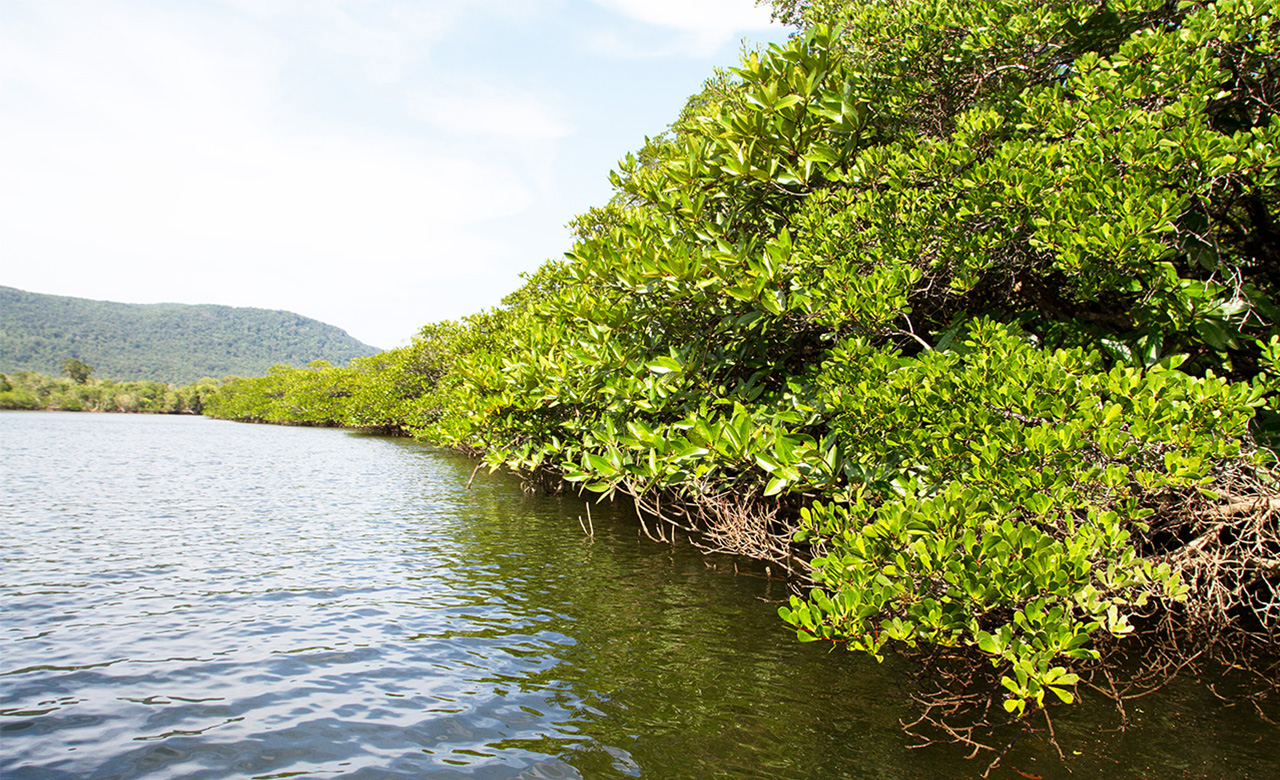
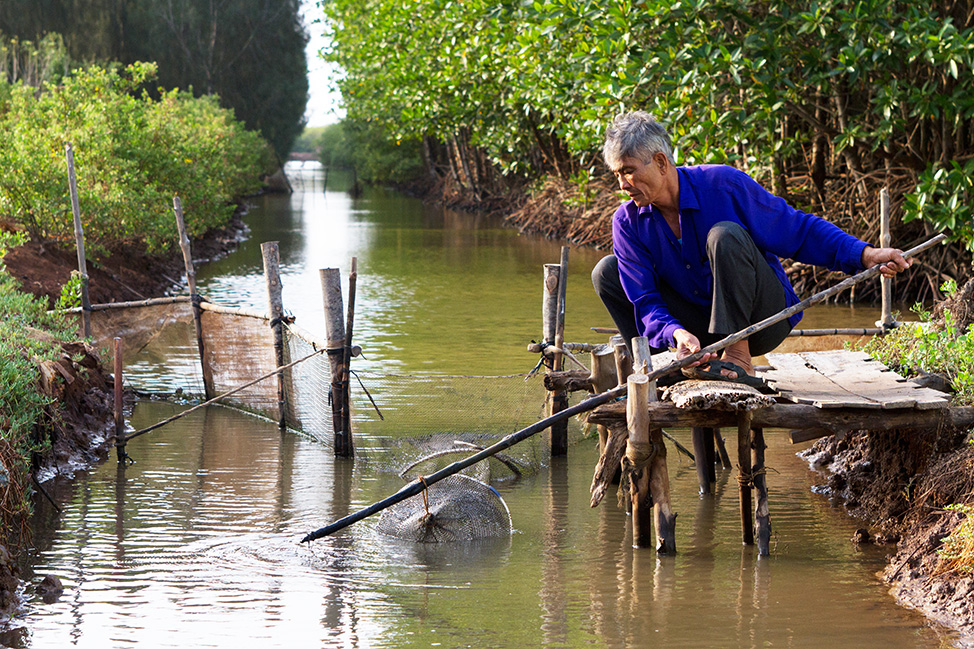
OBJECTIVE
- To support the Vietnamese authorities in preparing the coastal area of the Mekong Delta for a changing environment and to lay the foundation for sustainable growth
PROJECT DESCRIPTION
The Integrated Coastal Management Programme (ICMP) is a development programme that is funded by the governments of Viet Nam, Germany and Australia. Its objective is to support the Vietnamese authorities in preparing the coastal area of the Mekong Delta for a changing environment and to lay the foundation for sustainable growth.
The Mekong Delta is home to 17 million people and is Viet Nam’s most important agricultural region. Producing 52% of the country’s rice, the Mekong Delta feeds more than 145 million people in Asia, roughly the population of France and Germany combined. Thanks to this region, Viet Nam, a country which once suffered from shortages of rice, is now the world’s second largest exporter. The Delta is also the country’s third largest industrial region after the metropolitan areas of Ho Chi Minh City and Hanoi.
1. But the Mekong Delta is facing existential threats. Climate change is leading to rising sea levels, and according to official studies, 38% of the Mekong Delta could be underwater by the year 2100. Some areas of the coast are already eroding by 30 metres a year.
2. The mangrove forests along the coast, which protect the hinterland from floods and storms, are in dramatic decline. Rising levels of saltwater intrusion lead to saline soils, which pose considerable challenges to agricultural production. These changes threaten the future of the Mekong Delta and its ability to provide essential ecosystem services that the communities of the Delta and millions of people around the world depend on.
SUCCESS STORIES

Floating Rice – A traditional farming practice with a promising future
Through the support of the Integrated Coastal Management Programme (ICMP), the Department of Agriculture and Rural Development of An Giang province in cooperation with Tri Ton district and Vinh Phuoc commune developed an Action Plan on Conservation of Floating rice to 2020. The action plan is identified in the Provincial Agricultural Development Plan with the goal of expanding the areas of floating rice to 100 ha in 2015, 200 ha in 2020 and 500 ha in 2030. The plan strongly focuses on quality improvements, trialling alternative crops and livelihood activities, developing national and international markets, regenerating other floating rice varieties which are now kept in the seed bank of Cuu Long Delta Rice Institute, and embedding floating rice into policy and planning instruments.
ICMP has linked local farmers with an enterprise to support organic certification of floating rice and vegetables. The enterprise has signed a contract with the commune to buy all of the floating rice produced in the 2014 harvest. In addition, ICMP in collaboration with the Dutch government is exploring export markets in Europe with samples of floating rice sent to the Netherlands for testing and market evaluation.

Saving water with Alternate Wetting and Drying (AWD) rice
Water is getting scarce in the lower Mekong Delta due to river flow reduction and ground-water depletion being visible in several parts of the region. As a result, water will soon be insufficient to keep rice fields continuously submerged.
The problem associated with water shortage can be overcome by the application of AWD technology. This method can result in a reduction of as much as 30% in water consumption with no loss of yield.
Moreover, when applying AWD, the drying stage (30-40 days after sowing) stimulates the rice root system to grow deeply to the soil and absorb nutrition. Rice stalks in robustness and healthy state together with their strong root system prove to be less affected by diseases and get a lower lodging rate.
Applying AWD combined with the program “One Must five Reductions”, in one rice crop, farmers achieved an average increased net profit of about $ 250 per ha (with a range of $ 190 to $ 350 per ha). There are no additional investments needed. The technology is easy to apply and does not require any changes in the working calendar of the household.
Figures:
1, 418 famers have received training on AWD technology
41 model demonstration sites have been implemented in Bac Lieu province
Contribution to SDGs
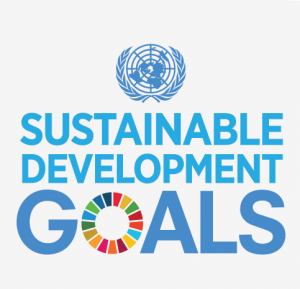
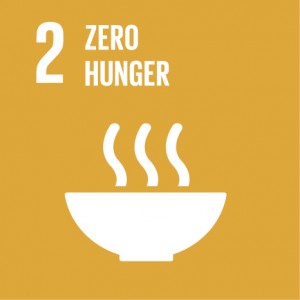
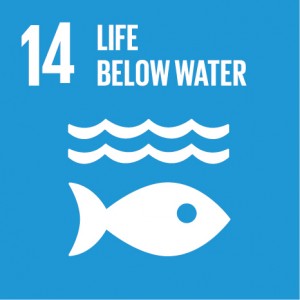
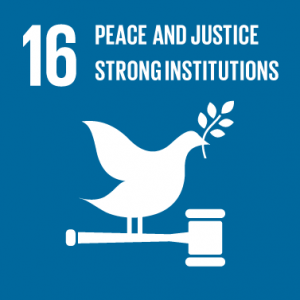
PUBLICATIONS
- CMPA Technical Report Series No. 09. Ecological Status Assessment of Dr. Salim Ali Bird Sanctuary and Estuarine Areas of Chorao Island
- CMPA Technical Report Series No. 39. Capacity Needs Assessment for participatory management of coastal and marine protected areas in India with special reference to Forest Sector and Youth
- Management at the hatchery festival
- Integrated Coastal Management Programme
- Integrated Coastal Management Programme
COUNTRY
Viet Nam
DURATION
Jan 2011 - Dec 2018
Commission Agency
BMZ


